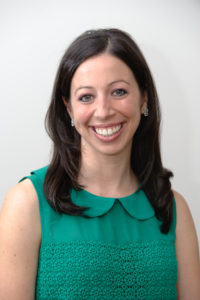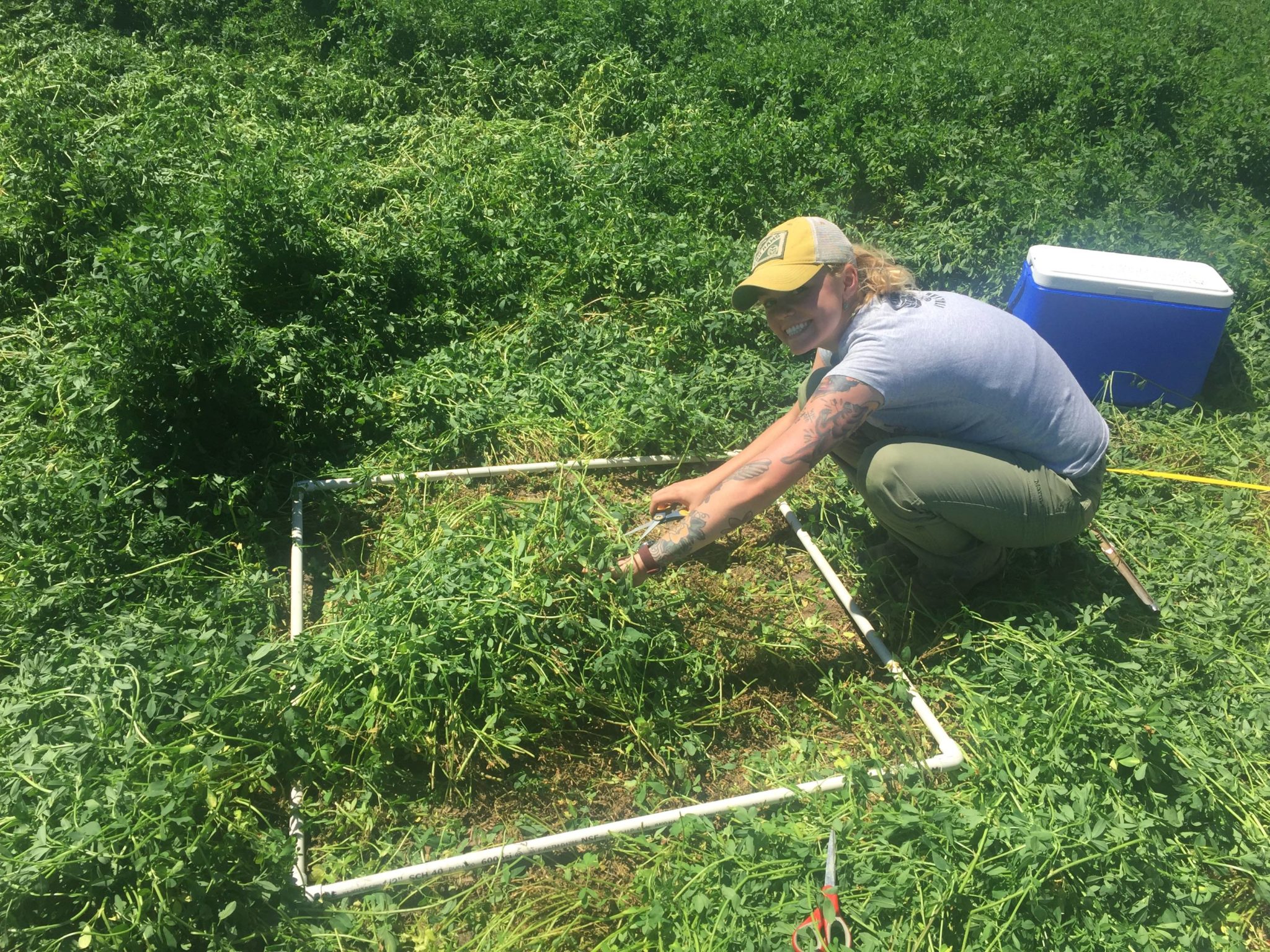By Theresa Barosh and Shelley Marie

The Research Mentoring to Advance Inclusivity in STEM (RMAIS) program organizers are hosting a leading expert in diversity and gender roles in May.
Corinne Moss-Racusin, an assistant professor in the Psychology Department at Skidmore College, will present on “Understanding and Reducing Gender Bias in STEM” on May 1 in the Lory Student Center Grand Ballroom D. The event includes a mixer at 3:30 p.m., with the seminar starting at 4 p.m., followed by a reception.
“The presentation highlights results of experiments demonstrating the existence and consequences of gender biases in STEM,” Moss-Racusin said. “There are gender biases favoring men, and those biases have serious consequences for women’s participation in STEM.”
Moss-Racusin has taught classes on diversity and bias in STEM, the psychology of gender, and research methods in social psychology. Moss-Racusin’s research team looks at how stereotypes perpetuate inequities.
The Women in Natural Sciences Program is sponsoring Moss-Racusin’s visit.
About the RMAIS program

RMAIS is a mentorship program meant to improve gender inclusivity for students engaged in STEM research at CSU. The program was made possible in 2017 with funding from The Women and Gender Collaborative.
With implementation through CSU’s Graduate Degree Program in Ecology, it reaches the 23 departments that the Ecology Program encompasses.
Over the course of two years, 12 graduate students were selected for research funding, including Scott Bradfield, Maria Chavez, Rebecca Cheek, Eliza Clark, Ben Golas, Ava Hoffman, Dani Lin Hunter, Marcel Jardeleza, Grey Monroe, Katie Rocci, Emily Stuchiner and DeeDee Wright. During the summer research part of the program, graduate student researchers, undergraduate assistants and their professors participate in professional workshops.
Department of Biology Associate Professor Meena Balgopal and Stuchiner examined the impacts of the program last summer through surveys to faculty and student mentors and mentees before and after participation. They were interested in the mentoring dynamics between professors, graduate students and undergraduate students. They found that mentors and mentees reported an increased ability to do research, collaboratively set goals and mentor after participating in the program.
“Both graduate students and undergrads seem to be observing an increase in their capacity to function as a mentor,” Stuchiner said. “So maybe the individual with less power will build confidence and the motivation to start to drive the mentoring relationship.”
As the program continues next summer, Stuchiner explained that she would like to further investigate how the mentee impacts the power dynamic between the mentor and mentee. She said that mentoring might be less hierarchical in nature than it can sometimes appear. For example, she said graduate student mentors may learn from their undergraduate student assistant mentees.
Personal experiences
Stuchiner also participated last summer as a graduate student mentor. It was her first time working with an undergraduate research assistant.
“Last summer was my second summer doing research,” Stuchiner said. “I was very concerned about facilitating a positive experience for my undergraduate assistant.”
For many of the undergraduate students, it was their first time participating in research. Some of these students will be presenting their research at the Celebrate Undergraduate Research and Creativity Showcase on Monday, April 15.
Graduate student Ryan Paul regularly attended last summer’s workshops with two undergraduate assistants. He said that he learned a lot from the summer workshops surrounding implicit and explicit bias. Implicit bias means the stereotypes or attitudes that impact people in an unconscious way.
“I learned a ton about mentorship and also really a lot about bias,” Paul said. “You can’t really do anything to prevent that bias if you don’t recognize that it is there in the first place.”
Balgopal, as well as faculty members Jennifer Neuwald and Colleen Webb from the Department of Biology have worked hard to keep RMAIS moving forward, with funding going through next summer. Support has also come from the Graduate School and the Vice President for Undergraduate Studies.
“We are looking for how to continue the program,” Webb said. “There is a lot of interest in keeping it going from both students and faculty.”